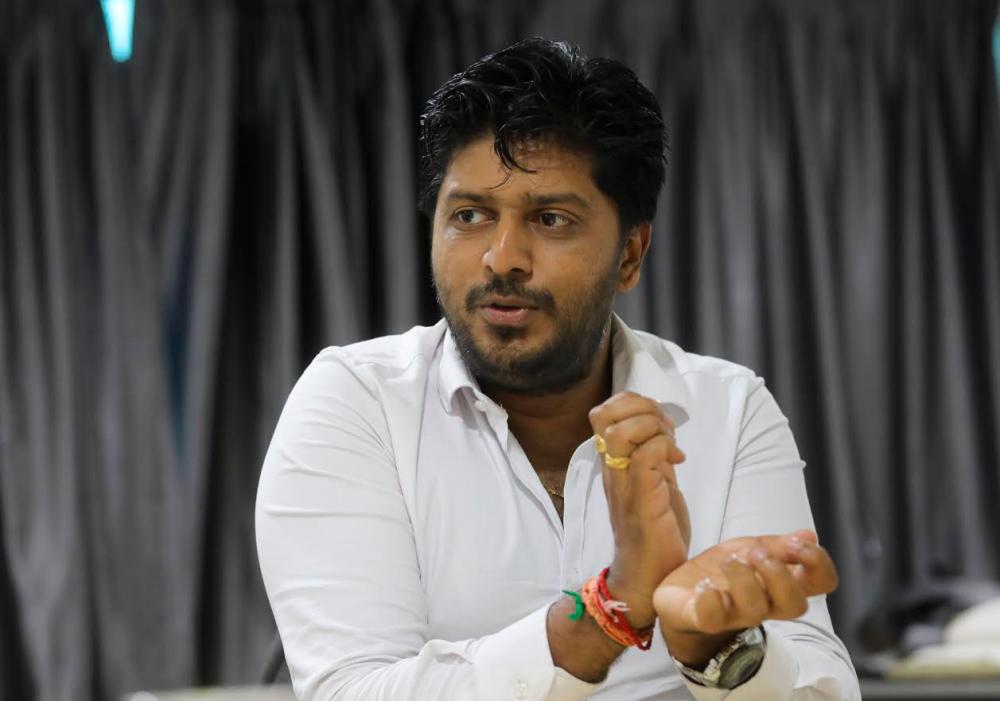PETALING JAYA: Male rape is not recognised by Malaysian law, and victims are left out by the justice system in the fight to seek redress, says a criminal lawyer.
He argued that laws should be amended to ensure that male victims are given the recognition and justice they deserve.
“The law should protect both genders against any violation of human rights. Going against one’s will and consent should be enough to justify rape. Rape should not be a gender-specific crime, it should be a violation of human rights,” said criminal lawyer Dinesh Muthal.
“Section 375 of the Penal Code defines rape as ‘a man having sexual intercourse with a woman against her will or without her consent’, which provides for a punishment of up to 20 years’ jail with whipping.
“There are also 11 different scenarios specified in the Act – where if rape happens alongside these scenarios, the punishment can be extended up to 30 years in prison.”
In Malaysia, only men can be charged with rape because the Penal Code narrows the definition of a perpetrator as a man and the victim as a woman, he told theSun.
“Essentially, rape cannot be committed by a woman against a man and a man against a man, and hence is not recognised.
“If a man is raped by another man, the recourse is under Section 377 of the Penal Code, which criminalises all acts of sodomy. But that doesn’t define it as rape, merely as voluntarily having carnal intercourse against the order of nature with any man, woman or animal.”
Dinesh said that unfortunately justice is not truly served in such cases as sexual harassment and rape are two different things.
“Malaysian laws do not protect men against the crime of rape committed by a man or a woman against another man. Like 377, the section does not emphasise the element of consent and going against his will before a sexual intercourse.
“Section 377 neglects the need for consent and criminalises carnal intercourse with or without consent, which is extremely insensitive and discriminative.”
All Women’s Action Society information and communications officer Jernell Tan said both sets of rape myths (male and female) are perpetuated by the very same rape culture, which is characterised by not only objectification of women’s bodies and glamourisation of sexual violence, but also the “male sexual drive discourse”, whereby men are conventionally expected to be sexually aggressive and unable to control their desires.
“Since the male rape myth example is that men cannot be forced to have sex against their will, as rape culture primarily recognises only the ‘male-perpetrator-female-victim’ narrative, male victims are either blamed for being ‘vulnerable’ to being violated, or have their experiences entirely invalidated,” she said.
Like Dinesh, Tan also pushed for a change in Malaysian laws against sexual crimes.
“Eradicating patriarchal norms of toxic masculinity that shames male victims to silence and prevents them from seeking help is crucial to ensure societal recognition of male victims.”










